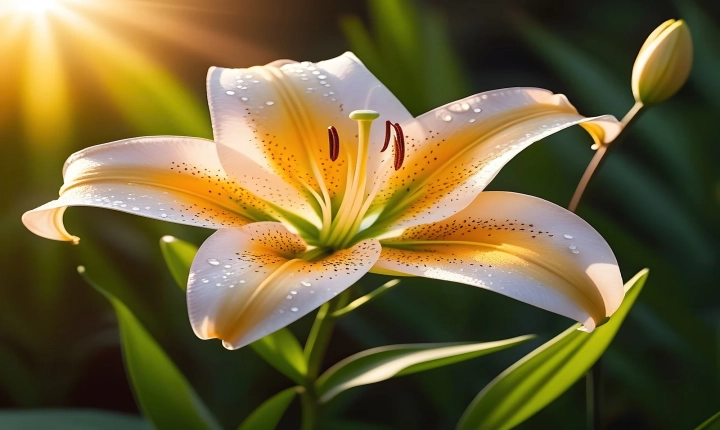AI has revolutionized countless industries, from healthcare to finance and entertainment, but one area where its impact is increasingly being felt is in the realm of creativity. While AI has proven to be a powerful tool for streamlining processes and generating insights, there is a growing concern that its rise may stifle creativity and innovation.
One way in which AI can hinder creativity is by automating tasks that were previously the domain of human creativity. For example, AI-generated music and art are becoming increasingly common, raising questions about the role of human creativity in these fields. When algorithms can produce music and art that is indistinguishable from human creations, there is a risk that the creative output of human artists may be devalued or perceived as less significant.
Another way in which AI can limit creativity is by reinforcing existing biases and norms. AI systems rely on vast amounts of data to make decisions and generate content, and this data often reflects existing societal biases and inequalities. As a result, AI-generated content may perpetuate stereotypes and limit the exploration of new ideas and perspectives.
Additionally, the reliance on AI for creative tasks may lead to a decrease in the development of essential creative skills among individuals. When tasks such as writing, design, and music production can be outsourced to AI systems, there is a risk that individuals may become less adept at cultivating their creative talents and honing their craft.
Furthermore, the use of AI in creative fields may contribute to a homogenization of content and ideas. AI algorithms are designed to identify patterns and trends, which can lead to the prioritization of content that fits within established frameworks and formulas. This may result in a reduction of diverse and unconventional creative expressions.
Moreover, the pressure to compete with AI-generated content can create a sense of anxiety and self-doubt among human creators. When faced with the seemingly flawless output of AI systems, human creators may struggle to find their own unique voice and vision, leading to a dampening of their creative spirit.
In light of these challenges, it is crucial to consider how to mitigate the negative impact of AI on creativity. One approach is to use AI as a tool to augment human creativity rather than replace it. By leveraging AI to assist with tasks such as data analysis and pattern recognition, human creators can focus on the more nuanced and imaginative aspects of their craft.
Furthermore, efforts should be made to ensure that AI systems are trained on diverse and inclusive datasets to minimize the perpetuation of biases and stereotypes. Additionally, promoting education and training in creative skills and fostering an environment that values human creativity can help counteract the potential stifling effect of AI on creative expression.
Ultimately, the rise of AI presents both opportunities and challenges for the creative landscape. While AI has the potential to enhance and expand creative possibilities, there is a need for careful consideration of its impact on human creativity and the steps to safeguard the richness and diversity of artistic expression. By recognizing and addressing the potential pitfalls, we can work towards a future where AI and human creativity harmoniously coexist to inspire innovation and imagination.
